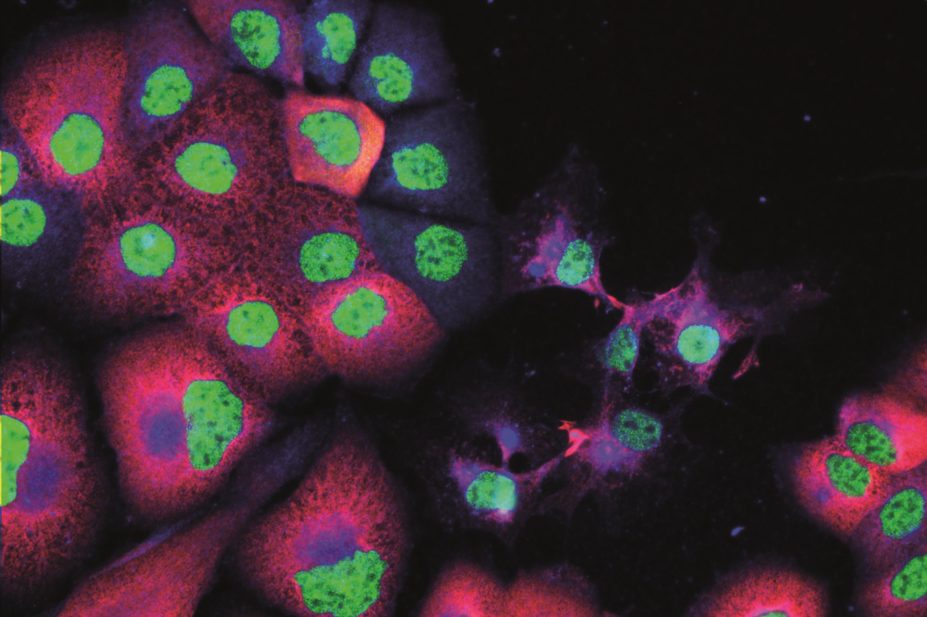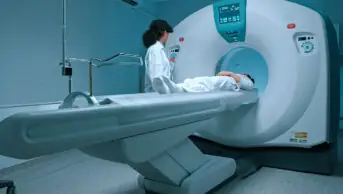
Nancy Kedersha / Science Photo Library
Obtaining metastatic tumour samples in order to understand the molecular events that result in resistance to therapies for advanced prostate cancer can be challenging.
Now, researchers from the Institute of Cancer Research in London have used a blood test that detects circulating tumour DNA (ctDNA), which has shed from tumours, to identify the genetic mutations associated with resistance to the second-line therapy abiraterone.
The results of the study, published in Science Translational Medicine
[1]
(online, 4 November 2015), found that among 97 patients, those with abberations in the androgen receptor gene before treatment had significantly poorer progression-free and overall survival. Men with ctDNA concentrations above the median also had a poorer prognosis.
The researchers say ‘liquid biopsy’ could be used to select patients for alternative treatments, such as chemotherapy or radiotherapy, but this would need validation in a randomised controlled trial.
References
[1] Romanel A, Gasi Tandefelt D, Conteduca V et al. Plasma AR and abiraterone-resistant prostate cancer. Science Translational Medicine 2015;7:312re10. doi:10.1126/scitranslmed.aac9511


